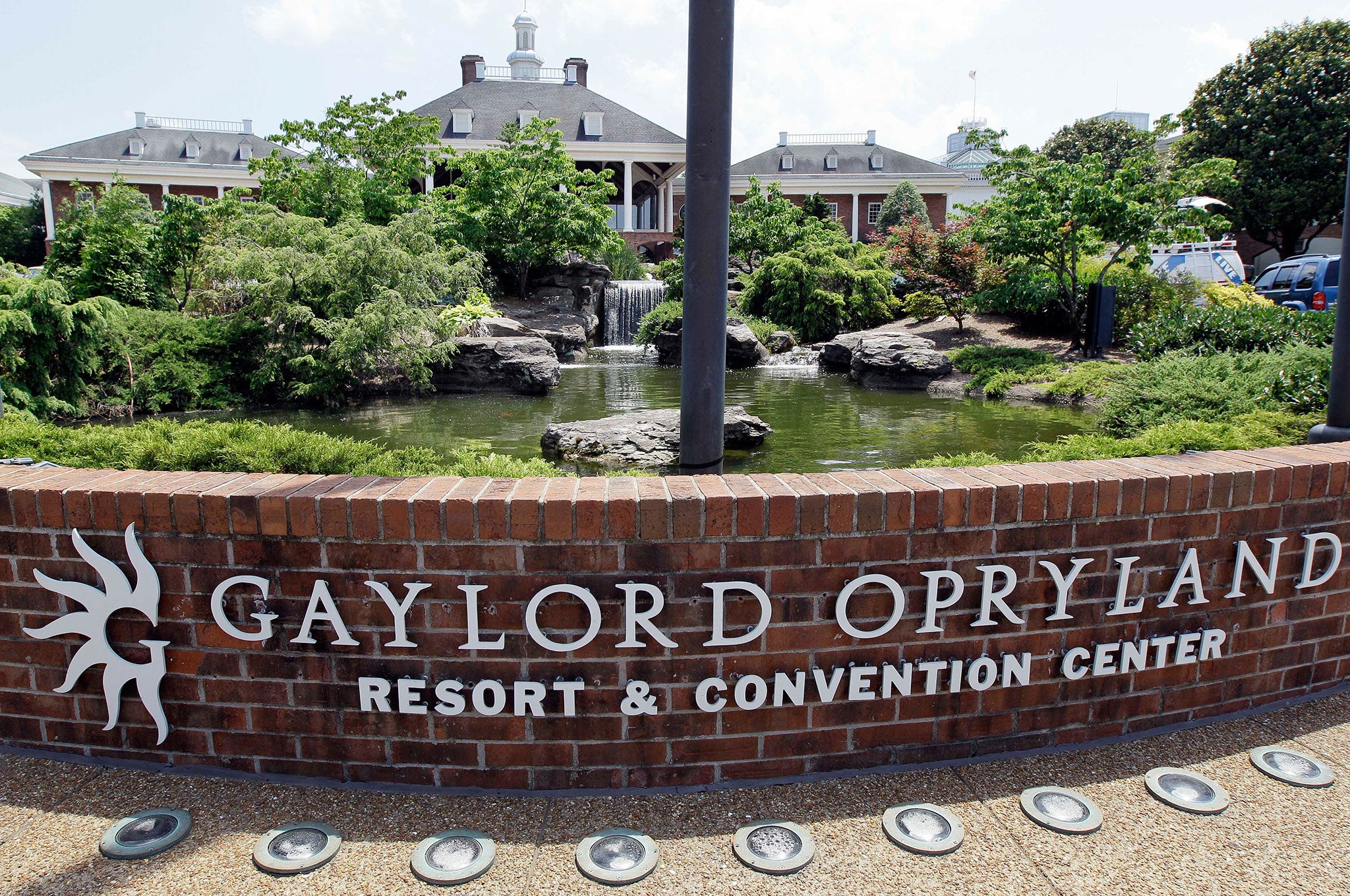Marriott International fined $600,000 for blocking conference attendees' Wi-Fi connection
A guest at the Gaylord Opryland hotel in Nashville, Tennessee found that it was jamming devices in its function rooms

Hotel giant Marriott International has been ordered to pay a $600,000 (£375,716) fine for blocking conference attendees’ own Wi-Fi networks at its Gaylord Opryland Resort and Convention Center, then charging them extortionate amounts to use the hotel’s own connection.
Frequent travellers often rely on personal Wi-Fi hotspots: devices that connect to the internet through mobile phone towers at $50 (£31) a month, which helps them avoid fees charged by hotels, airports and conference facilities.
Last year, one attendee at the Opryland hotel in Nashville, Tennessee found that the hotel was jamming devices in its function rooms. The guest complained to the Federal Communications Commission, noting that the same thing had happened at another Gaylord property.
While Marriott was disabling access to person Wi-Fi, it was able to charge conference organisers and exhibitors anything between $250 (£156) and $1,000 (£626) per access point to use its own Wi-Fi connection.
Marriott has agreed to the fine and instructed its hotels not to use the jamming technology in the way it was used at Opryland, according to the FCC.
Yet the company defended the practise in the interest of network security, saying that it was legal to use FCC-approved technology to protect against “rogue wireless hotspots that can cause degraded service, insidious cyber-attacks and identity theft”, claiming that hospitals and universities employ similar methods.
At the four Gaylord hotels in the US, Marriott monitors for hotspots causing interference but does not automatically block such connections, said Harvey Kellman, a lawyer for the hotel company. Only a handful of Marriott's 4,000 other hotels worldwide currently screen for hotspot interference.
Marriott said it encourages the FCC to change its rules "to eliminate the ongoing confusion" and "to assess the merits of its underlying policy."
"It is unacceptable for any hotel to intentionally disable personal hotspots while also charging consumers and small businesses high fees to use the hotel's own Wi-Fi network," Travis LeBlanc, chief of the FCC's enforcement bureau said in a statement.
"This practice puts consumers in the untenable position of either paying twice for the same service or forgoing Internet access altogether."
Additional reporting by AP
Join our commenting forum
Join thought-provoking conversations, follow other Independent readers and see their replies
Comments
Bookmark popover
Removed from bookmarks